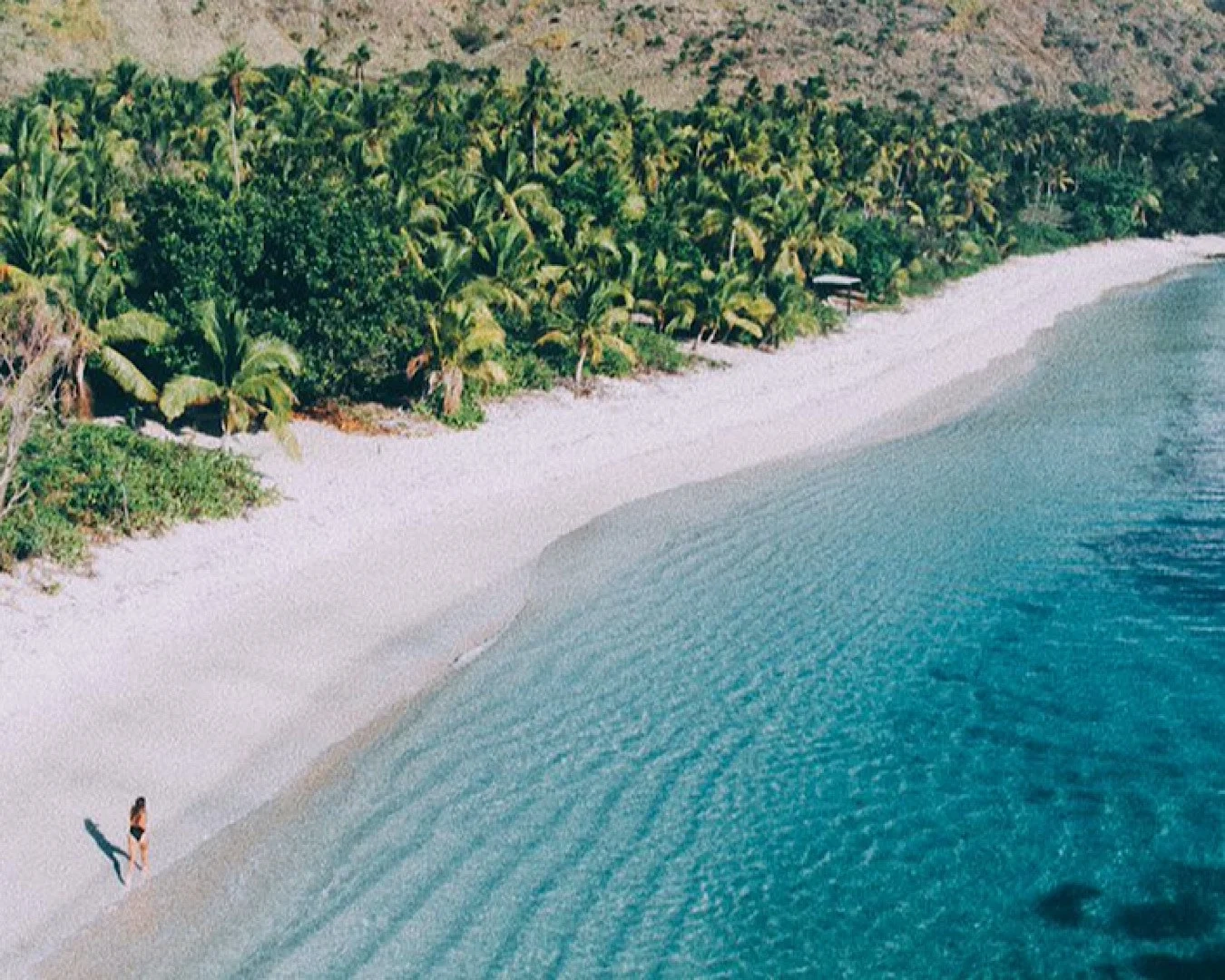1. Nadi: Located on the western side of Viti Levu, Nadi is Fiji's gateway for international travelers. It offers shopping, local markets, and access to popular nearby islands.
2. Denarau Island: Known for its luxury resorts and golf courses, Denarau Island is a popular destination for relaxation and water sports.
3. Coral Coast: This scenic area along Viti Levu's southern coast offers beautiful beaches, coral reefs, and opportunities for snorkeling and diving.
4. Suva: Fiji's capital city, Suva, is located on the southeastern coast of Viti Levu. It offers a mix of cultural attractions, including museums, markets, and historic sites.
5. Yasawa Islands: A group of pristine islands, the Yasawas are famous for their white-sand beaches, crystal-clear waters, and abundant marine life. It's a paradise for divers and beach lovers.
The best time of year to visit Fiji is during May. Not only will you score cheaper flights and accommodation at this time of year, but you’ll also enjoy clear sunny skies with low chances of rain and high temperatures, making this the best time for outdoor activities. May is also right before the start of peak season so there’s usually fewer crowds around the islands and goods and services pricing should still be very competitive.
• Buses: Buses are a common mode of transportation for getting around the main islands like Viti Levu and Vanua Levu. Average bus fare for a single trip: FJD 1 to FJD 5, depending on the distance traveled.
• Taxis: Taxis are readily available in urban areas and are a convenient way to get around.
Starting fare for taxis: Around FJD 5 to FJD 7, with additional charges based on distance traveled.
• Rental Cars: Car rentals are available at major airports and urban centers. Prices vary by rental agency and the type of vehicle. On average, daily rental rates for a small car can range from FJD 100 to FJD 200.
• Water Taxis and Ferries: These are essential for inter-island travel between Fiji's numerous islands. Prices can vary significantly based on the distance and the islands you are traveling between. For example, a ferry ride from Viti Levu to the Mamanuca Islands or Yasawa Islands can cost approximately FJD 50 to FJD 150, depending on the specific route.
• Domestic Flights: Domestic flights are available for traveling between Fiji's major islands, such as Viti Levu, Vanua Levu, and Taveuni. Airfare can vary widely, but expect to pay at least a few hundred Fijian dollars for a one-way flight.
• Cruises: For a more leisurely and luxurious experience, Fiji offers cruise options. Prices for cruises vary based on the duration and amenities provided.
Free Import:
• Personal effects and clothing for personal use.
• 250g of tobacco or 200 cigarettes, or 250g of cigars.
• Up to 2.25 liters of spirits or 4.5 liters of wine or beer.
• Non-commercial goods valued up to FJD 400 are generally duty-free.
• Medications for personal use with a prescription.
• Baby items such as strollers, cribs, and car seats for personal use.
Restricted Items:
• Fresh fruits and vegetables are subject to strict quarantine regulations and must be declared and inspected on arrival.
• Plant and plant products, including cut flowers, may require permits for import.
• Animal and animal products may be subject to quarantine regulations, especially if originating from countries with diseases like foot-and-mouth disease.
• Equipment used outdoors, such as camping gear and hiking boots, should be clean and free from soil to prevent the spread of pests and diseases.
Prohibited Items:
• All illicit drugs and narcotics are strictly prohibited.
• Firearms and ammunition require special permits.
• Items made from endangered species protected by the Convention on International Trade in Endangered Species of Wild Fauna and Flora (CITES) may not be imported without permits.
• Obscene materials and pornography are prohibited.
• All items that could be used for illegal purposes or that may harm the environment or public health are typically not allowed.
• 917 - Police: Call the police in case of any criminal activity, accidents, or emergencies requiring law enforcement.
• 911 - Fire: Dial this number to report fires or any fire-related emergencies.
• 910 - Medical Emergency: Use this number to request medical assistance or an ambulance in the event of a medical emergency.






